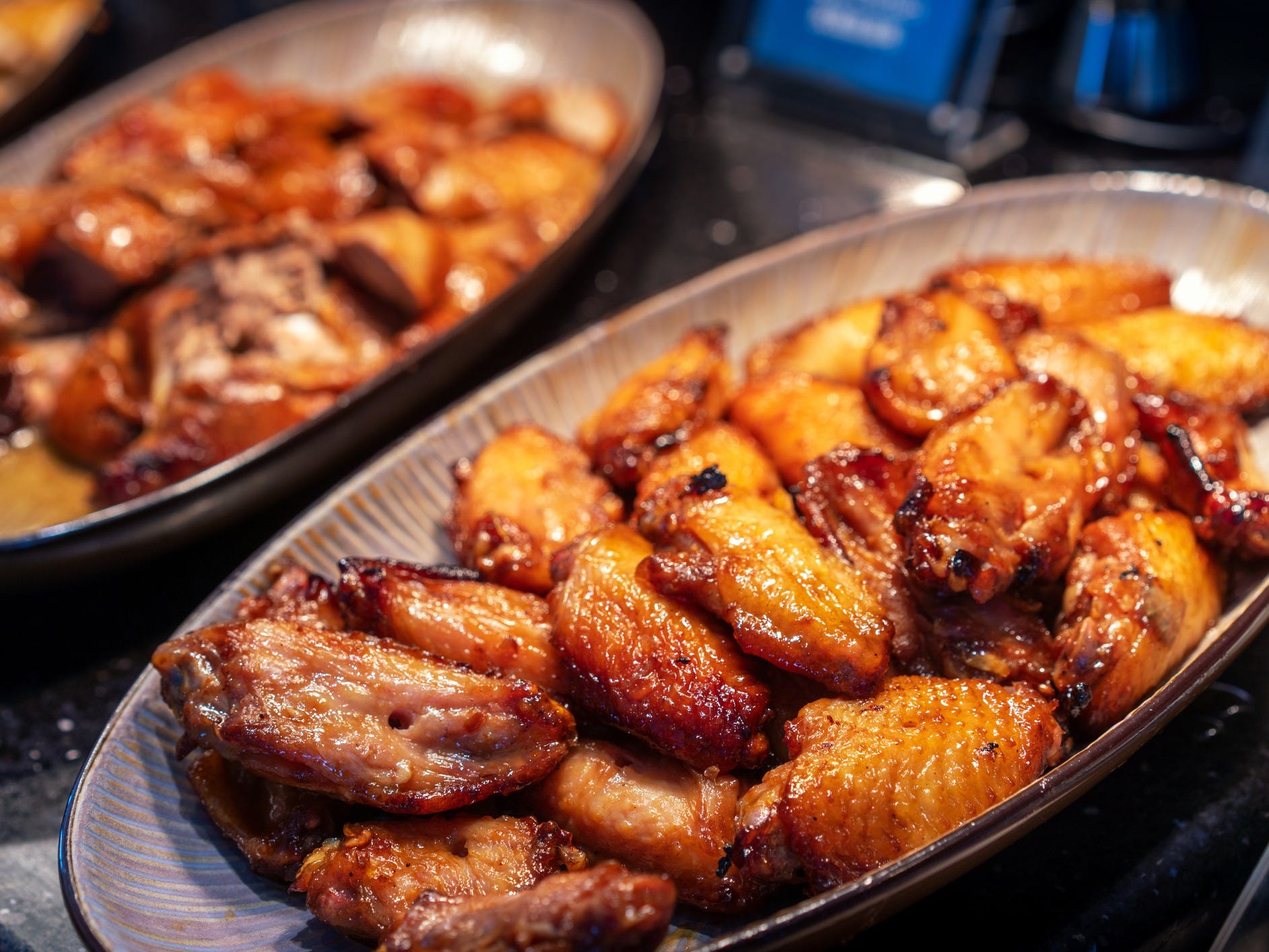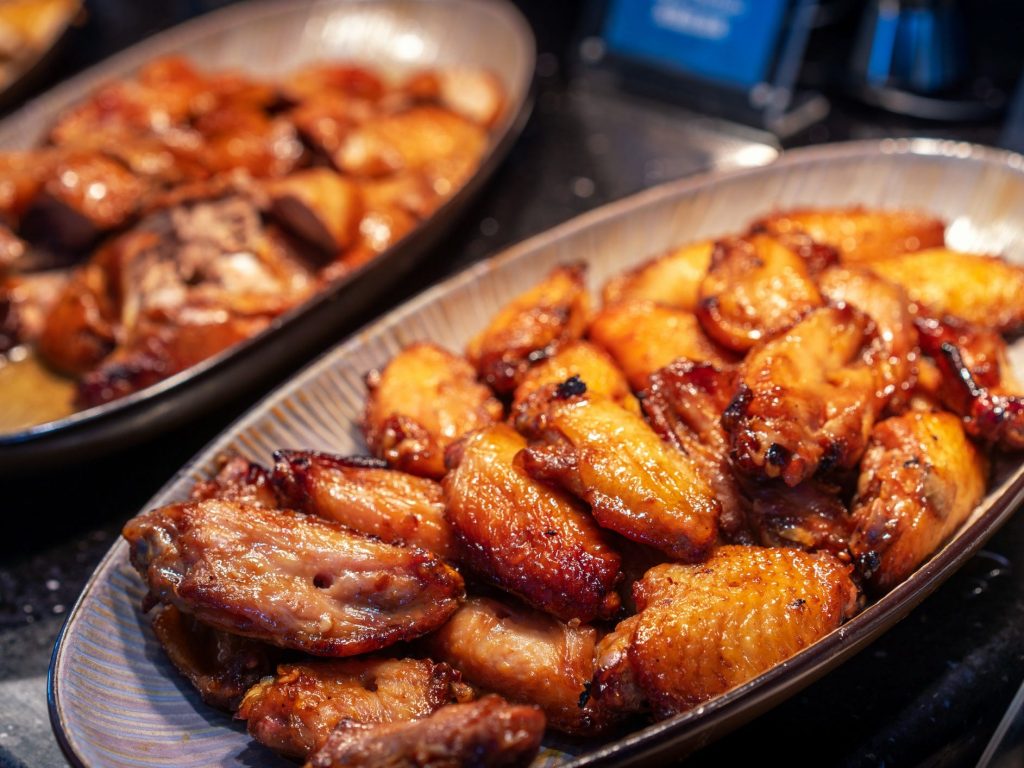
Sellwell/Getty Images
- Food prices will climb even further, the owner of supermarket chain Gristedes told Fox Business.
- John Catsimatidis predicted prices would climb by between 10% and 14% by October 1.
- Grocery stores are raising their prices in response – and so are some restaurants, too.
- See more stories on Insider's business page.
Food prices could rocket a further 14% by October, John Catsimatidis, the owner and CEO of New York City supermarket chain Gristedes, told Fox Business.
"We're seeing anywhere from 10% to 14% by October 1," Catsimatidis told Fox Business Monday.
He didn't say whether he was talking about suppliers' prices, or the prices supermarket chains charge consumers.
Prices are rising because of falling production, stemming in part from a lack of available workers and supply-chain problems such as shipping delays, coupled with soaring consumer demand.
The price of beef rose by 4.5% in June compared to May, eggs by 3.1%, and pork by 3.1%, according to data from the Bureau of Labor Statistics (BLS).
And in June, beef and veal cost 13.2% more than in February 2020, and pork 11.4%.
Some restaurants are hiking up their prices in response
The owner of Manville Pizza in Manville, New Jersey, told Insider that he'd had to raise menu prices for chicken wings by more than 50% because of rising costs.
He absorbed the costs himself at first, but "it's inevitable that it goes to the consumer, which I feel horrible about because I'm not making any more money, I'm not giving them any better of a product."
The Halal Guys has also been mulling raising its menu prices, the chain's chief development officer Margaret Carrera told Insider. She said that some franchisees have already put up prices, but that management hadn't decided on a company-wide pricing policy yet.
The labor shortage is also forcing restaurants to raise wages and, in some cases, cut their opening hours - adding even more to the menu price hikes. The cost of food away from home rose by 4.2% between June 2020 and June 2021, per BLS' Consumer Price Index.
Peter Ricci, head of Florida Atlantic University's hospitality and tourism management program, told Insider that he wasn't sure whether higher restaurant prices were just temporary. Very few restaurant owners would be willing to let the rising cost of ingredients affect their profit margins, he said.
Restaurants have other ways to offset higher prices, Kevin Burke, managing director and member of the consumer team at Citizens Capital Markets, part of Citizens Bank, told Insider. These include becoming more efficient and cutting costs, selling a higher volume of food, and slashing portion sizes, also known as "shrinkflation".
Got a story about how your business is responding to the labor and ingredients shortages? Email this report at [email protected].
